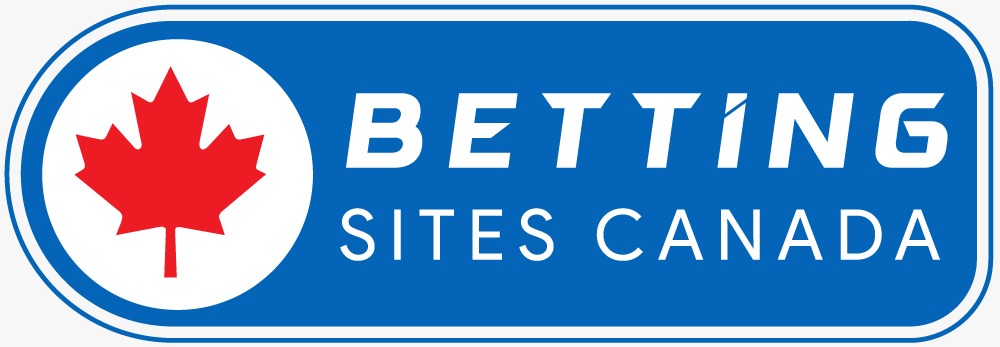Birthplace
Overview
King’s College
Hist of King’s
Charles Inglis
John
Inglis
J.Inglis
Memo
69 Acres
Plan of Lands
Founded
1789
Pres. Cochran
T.C.H. Starts School
T.C.H. on King’s
Procuring
Food
TCH Reminiscences
King’s View
Seat
of the Muses
The
Three Elms
Fire
1871
Fire 1920
King’s Pictures
King’s 1800
King’s View
Hensley Chapel
Hensley Plaque
Winter 1803
King’s Record

|
William Cochran – Teaches Robert
Fitzgerald Uniake
by Brian Cuthbertson
…
Once the Uniacke family
moved to Mount Uniacke in 1814, their father sent both boys in 1814 to King’s
Collegiate School to prepare them for entrance into King’s College. Not for the
first, and certainly not for the last time, King’s was going through a difficult
period with only around seventeen students in the college. There was much feuding
between the president Charles Porter and the only other professor, William Cochran,
who held the vice-presidency. The college building was in a deplorable condition.
Of their two professors, both were ordained clergy. Students disliked Porter because
he was a strict disciplinarian, while being much taken with Cochran. Lord Dalhousie,
Nova Scotia’s Lieutenant Governor, described Cochran as "a man of singularly
mild & amiable manner, with a talent for instructing & captivating the
disposition of his pupils by easy & relaxed discipline."6 We know from
the letters of the Bliss brothers, King’s College students at the same time as
the Uniacke brothers, that a good number of the students could be aptly described
as regency bucks. When James Boyle fell ill at the college, only his married sisters
were dispatched from Mount Uniacke and Halifax to nurse him. As his eldest sister
Mary reputedly remarked: "it would not answer to let any of her unmarried
sisters to come to the College."7
Cochran seems to have planted in Robert
Fitzgerald some religious feelings. Although he decided to study law in his father’s
office, Robert Fitzgerald came under the influence of the Reverend Isaac Temple,
private chaplain to Lord Dalhousie and tutor to the Dalhousie children. Robert
Fitzgerald joined a member of group around Temple and his associate Hibbert Binney,
who met for bible study and for devotional services. They were intensely evangelical
with Binney visiting the young ladies of Halifax to enquire "if they have
felt no symptoms of conversion, no inspirations or sudden calls to reform; if
they believed dancing sinful, and if they ever think of dying during the dance."8
According to William Blowers Bliss, who napped through Binney’s sermons, his doctrine
was that all who dance and played cards would be damned. Others in the group were
James Cochran, John William Twining, Edmund Crawley, John Pryor, James William
Johnston and J.W. Nutting. James Cochran, a son of William, vice president of
King’s, had gone into business in Halifax, but would shortly enter King’s College
and later be ordained. John William Twining, another King’s graduate, was curate
to John Inglis at St. Paul’s. Crawley, Nutting and Pryor were all King’s graduates
and practicing at the bar in Halifax. James William Johnston had not gone to King’s,
but was a rising young lawyer. Within the Church of England, the Evangelicals
rejected the formalism of the 18th century church, which they believed had produced
forms of worship and religious profession without real devotion or deep conviction.
Evangelicals traced their spiritual ancestry to the Great Reformation, but within
their own time they were followers of John Wesley and George Whitefield. Just
as Wesley and Whitefield had not gone over to the Methodists, the Evangelicals
also rejected Methodism and remained in the Church of England. Evangelicals were
noted for their firm belief in God, in the saving power of the Gospel of Christ
and for their intense earnestness. They took their theology from doctrines of
the Reformers – the Trinity, the guilt of man and sanctification of the Holy Spirit.
They accepted the Thirty-nine Articles as the perfect summary of their faith.
They sought moral improvement of society and used the Sunday school movement as
one way to effect change. William Wilberforce, a staunch Evangelical, who prayed
three hours a day, led the anti-slavery movement.
Excerpt
From:
Robert Fitzgerald and Elizabeth Uniake at St. George’s Church:
Eveangelical
Fervour and good Works, 1825 – 1870
by Brian Cuthbertson
Read Before the
Royal Nova Scotia Historical Society 24 November 2000
Canada Digital Collections
– Government of Canada
http://collections.ic.gc.ca/churchandcommunity/Documents/FervourandGoodWorks.pdf
Endnotes
1. Richard John Uniacke to "My Dear Andrew," 10 January 1828,
MG 1, vol. 1769, no. 44c, NSARM.
2. Richard John Uniacke to Norman Uniacke,
1 November 1798, MG 1, vol. 926, no. 99, NSARM. See also Brian Cuthbertson "Fatherly
Advice in Post-Loyalist Nova Scotia: Richard John Uniacke to his son Norman,"
Acadiensis, IX, (Spring 1980), 78-91.
3. Ibid.
4. Richard John Uniacke
to Lord Dalhousie, 9 February 1818, Dalhousie Papers, A 527, NAC.
5. Richard
John Uniacke to "My Dear Children," 12 November 1823, MG 1, vol. 1769,
no. 44a. NSARM.
6. As quoted in The Dalhousie Journals, edited by Marjory
Whitelaw (Oberon Press, 1978), p. 63.
7. W.B. Bliss to Henry Bliss, 1 October
1817, Bliss Family Papers, MG 1, vol. 1604, file 33, letter 22, NSARM.
8.
W.B. Bliss to Henry Bliss, MG 1, vol. 1604, file 34, no. 28, NSARM
|
|


